Publications
Articles, publications, books, tools and multimedia features from the U.S. Institute of Peace provide the latest news, analysis, research findings, practitioner guides and reports, all related to the conflict zones and issues that are at the center of the Institute’s work to prevent and reduce violent conflict.
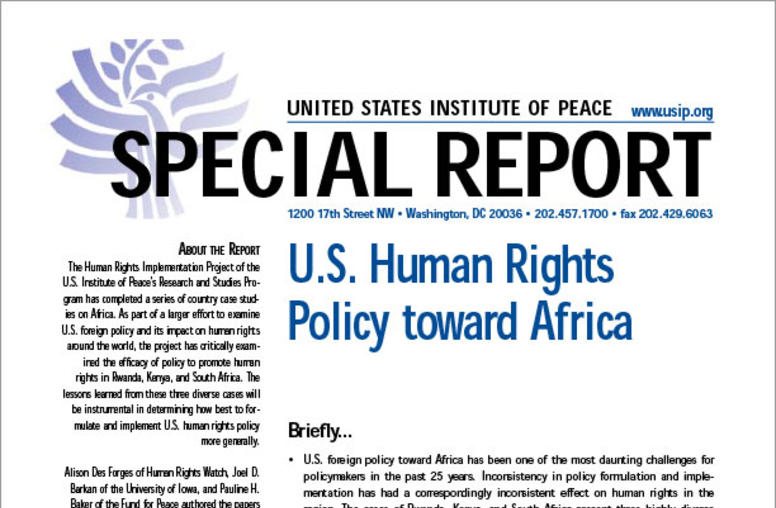
U.S. Human Rights Policy toward Africa
The Human Rights Implementation Project of the U.S. Institute of Peace's Research and Studies Program has completed a series of country case studies on Africa. As part of a larger effort to examine U.S. foreign policy and its impact on human rights around the world, the project has critically examined the efficacy of policy to promote human rights in Rwanda, Kenya, and South Africa. The lessons learned from these three diverse cases will be instrumental in determining how best to formulate an...
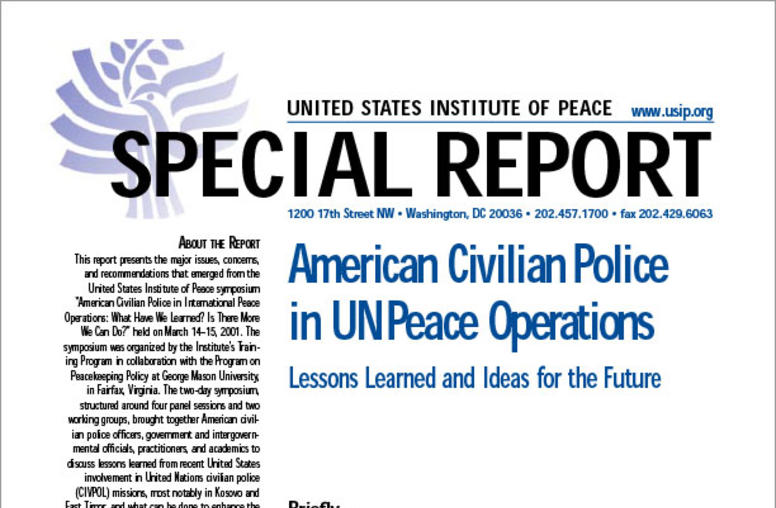
American Civilian Police in UN Peace Operations: Lessons Learned and Ideas for the Future
Summary With the advent of the United Nations missions in Kosovo and East Timor, civilian police (CIVPOL) mandates expanded in scope and scale to assume the full spectrum of executive law enforcement authority, along with the crucial peacebuilding tasks of creating indigenous law enforcement and criminal justice systems based on democratic values and institutions. The Clinton administration's Presidential Decision Directive (PDD) 71 sought to address the "public security gap," creat...
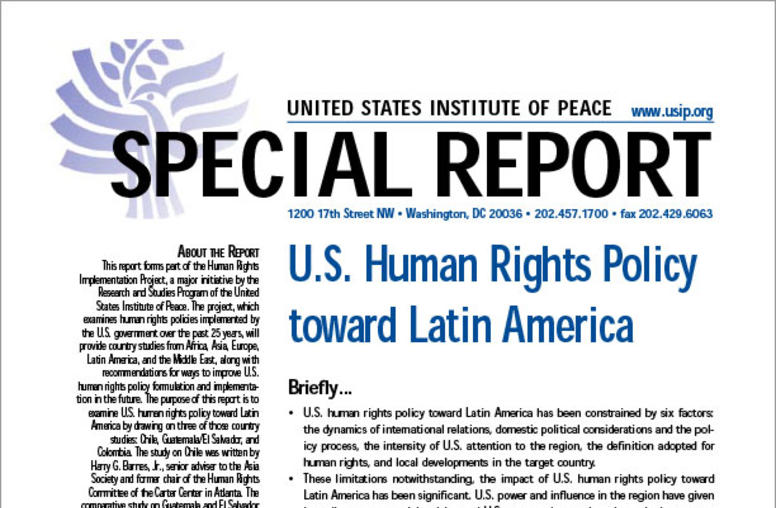
U.S. Human Rights Policy toward Latin America
Summary U.S. human rights policy toward Latin America has been constrained by six factors: the dynamics of international relations, domestic political considerations and the policy process, the intensity of U.S. attention to the region, the definition adopted for human rights, and local developments in the target country.
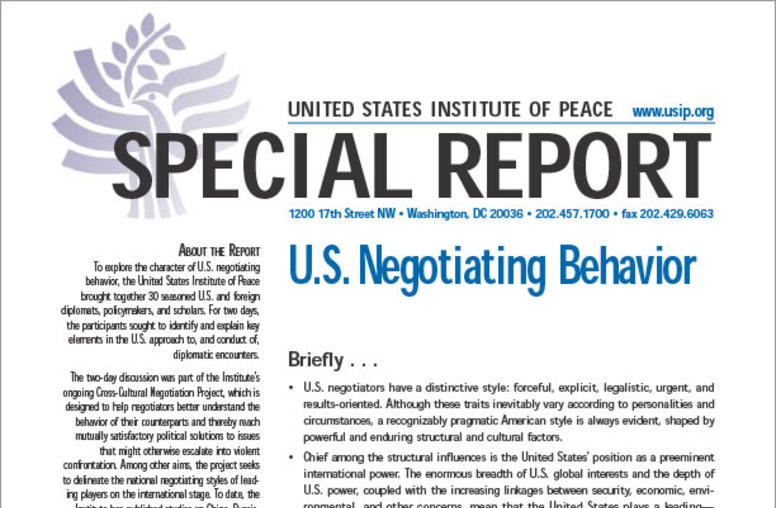
U.S. Negotiating Behavior
Summary U.S. negotiators have a distinctive style: forceful, explicit, legalistic, urgent, and results-oriented. Although these traits inevitably vary according to personalities and circumstances, a recognizably pragmatic American style is always evident, shaped by powerful and enduring structural and cultural factors.
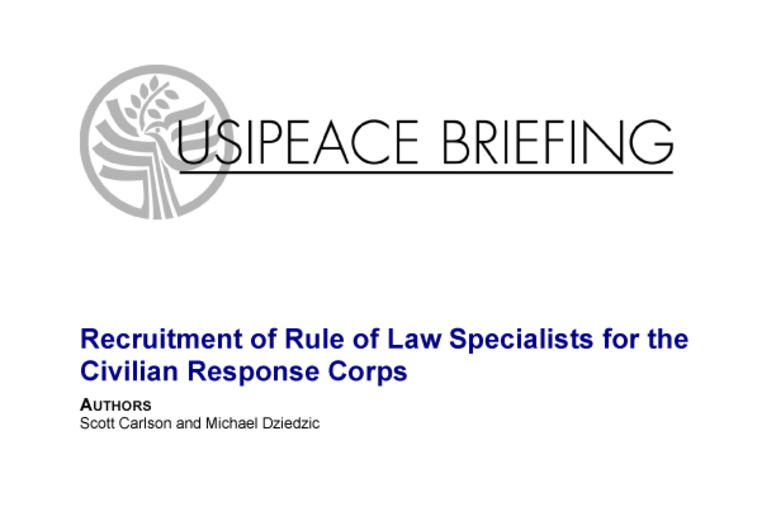
Recruitment of Rule of Law Specialists for the Civilian Response Corps
For more than a decade, experienced international practitioners and peace scholars have recognized that multilateral interventions in societies ravaged by internal conflict cannot succeed unless they come prepared to deal with the inevitable void in public security and inability of the legal system to function effectively. In 1998, two core components of any solution to this crucial deficiency were highlighted in Policing the New World Disorder.
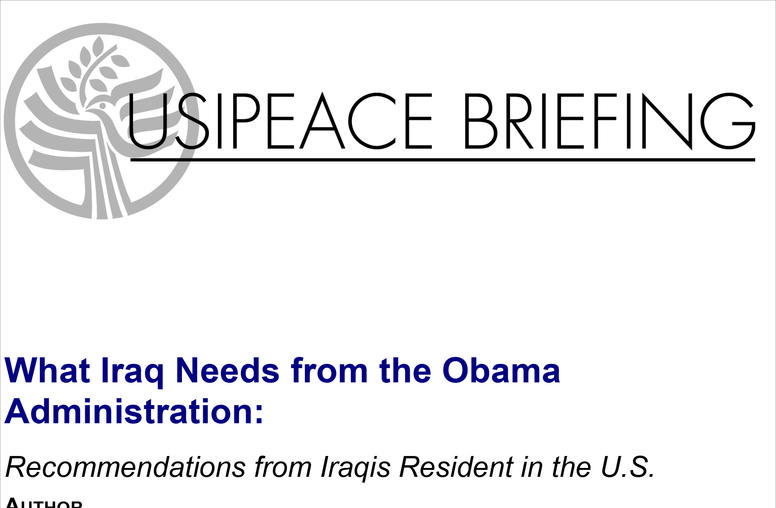
What Iraq Needs from the Obama Administration: Recommendations from Iraqis Resident in the U.S.
Iraq has experienced a notable reduction in violence in the past year, and the Iraqi panelists asserted the need for a continued presence of multinational forces to maintain this progress. However, as Almusawi specified, Iraqis insist that any agreement regarding the presence of foreign troops should not compromise the country's sovereignty. The terms of the agreement must be clear, in Iraq's interests and approved by the Iraqi people.
Global Peace Operations Initiative: Future Prospects
USIPeace Briefing analyzes the potential impact of the Global Peace Operations Initiative on African peacekeeping forces.
The United States and Coercive Diplomacy: Past, Present, and Future
With increasing frequency, U.S. leaders try to achieve their foreign policy goals by marrying diplomacy to military muscle. How does coercive diplomacy operate and how well does it work?
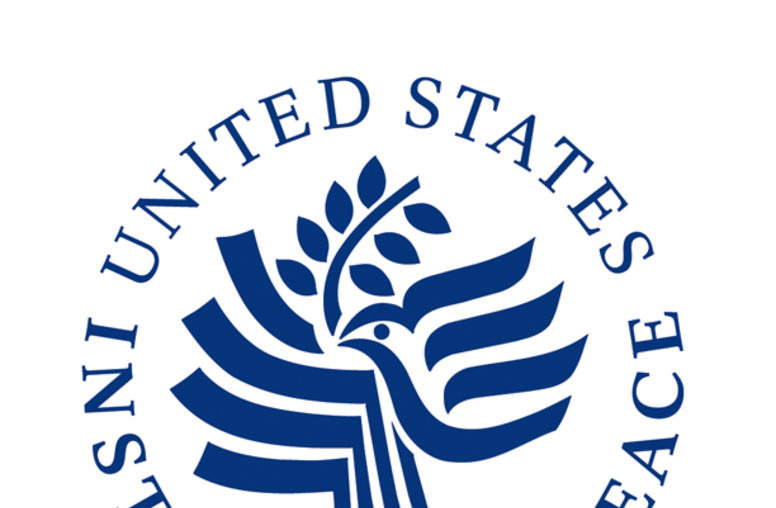
U.S. Involvement Deepens As Armed Conflict Escalates In Colombia
While American public attention has been focused elsewhere, U.S. engagement in Colombia has been steadily growing, as has the armed conflict there.
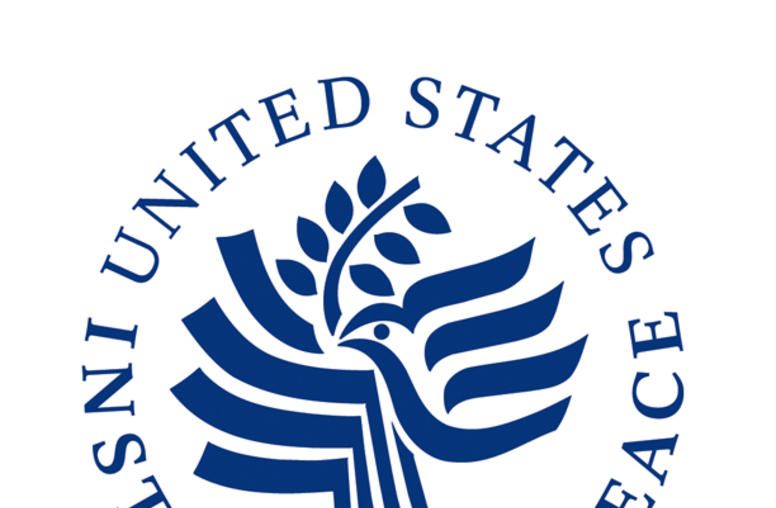
Sudan: U.S. Supported Peace Negotiations Bearing Fruit
Examines the Sudan peace process and the continued need for U.S. engagement in Africa.